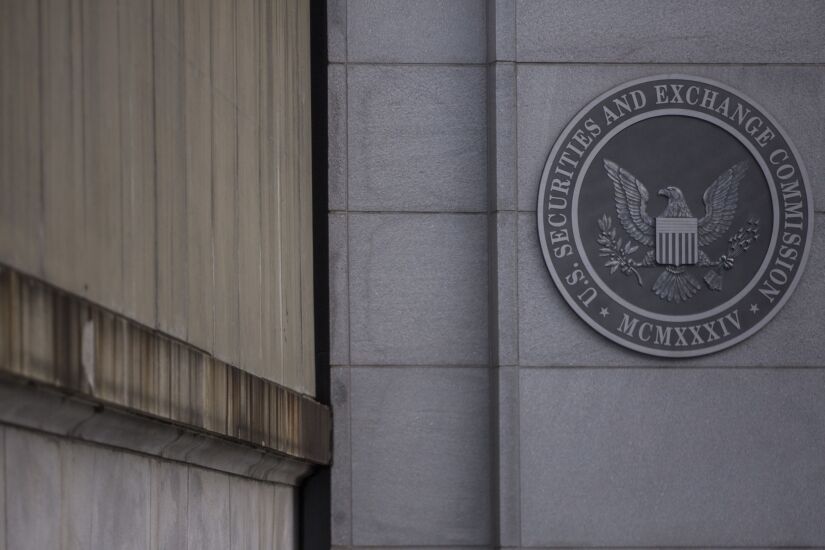Although most SEC-registered RIAs won’t receive an examination this year, the advisory practices that do get an audit will already have a comprehensive cheat sheet in hand.
That’s because the regulator has
Three areas of the closely watched annual report stand out to Douglas Kamin, a managing director with compliance firm Foreside who serves as a consultant to RIAs:
- ESG criteria: “Firms’ marketing, or I would say ‘over-marketing,’ of ESG was probably a concern at the SEC, what euphemistically the industry would say is ‘
greenwashing ,’” Kamin said. “Just like any other type of portfolio management, if you say you're doing something, you're going to need policies and procedures that document what you're doing, how you're doing it and when you're doing it.”
- Regulation Best Interest: “I don't think anyone should get a sense of comfort that it’s new,” Kamin said, noting
the dozens of cases that the SEC has filed about the rule’s new required “customer relationship summary” document for RIAs. “It's part of their regular exam reviews as it pertains to wealth managers and other financial entities subject to the rule.”
- Rollovers: “It was very subtle,” Kamin said of a small reference to rollovers and other account conversions in the section about Reg BI in the report. The Department of Labor
plans to create a new rule that could potentially enforce a fiduciary duty in rollover recommendations under the Employee Retirement Income Security Act, although there’s no timetable for the proposal. “They didn't mention any other context to it,” Kamin said. “But, given the new DOL standards, that might be an area that they’re moving toward.”
- Cybersecurity: “They're telling everyone, ‘You need to up your game,’” Kamin said, referring to a new SEC rule
proposal on cybersecurity at RIAs and the increased emphasis in light of Russia’s invasion of Ukraine. “I would imagine that the SEC wants to see world-class information security procedures, and that's something they'll look at very closely.”
For a summary of the SEC’s






